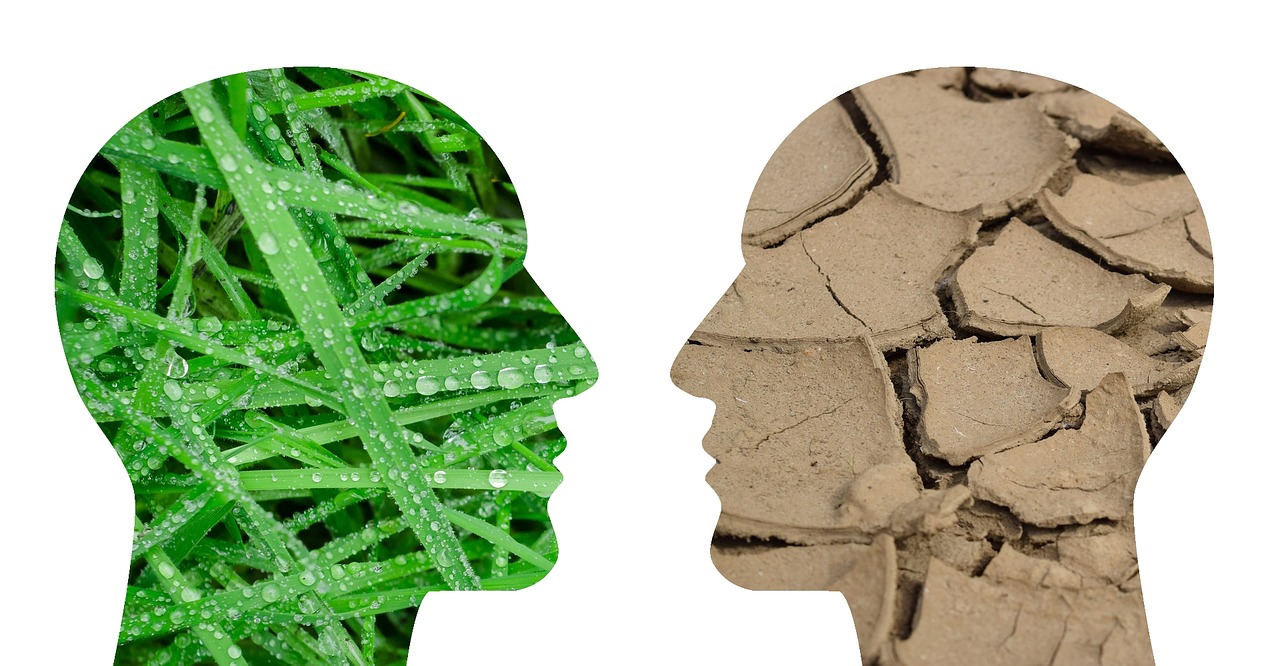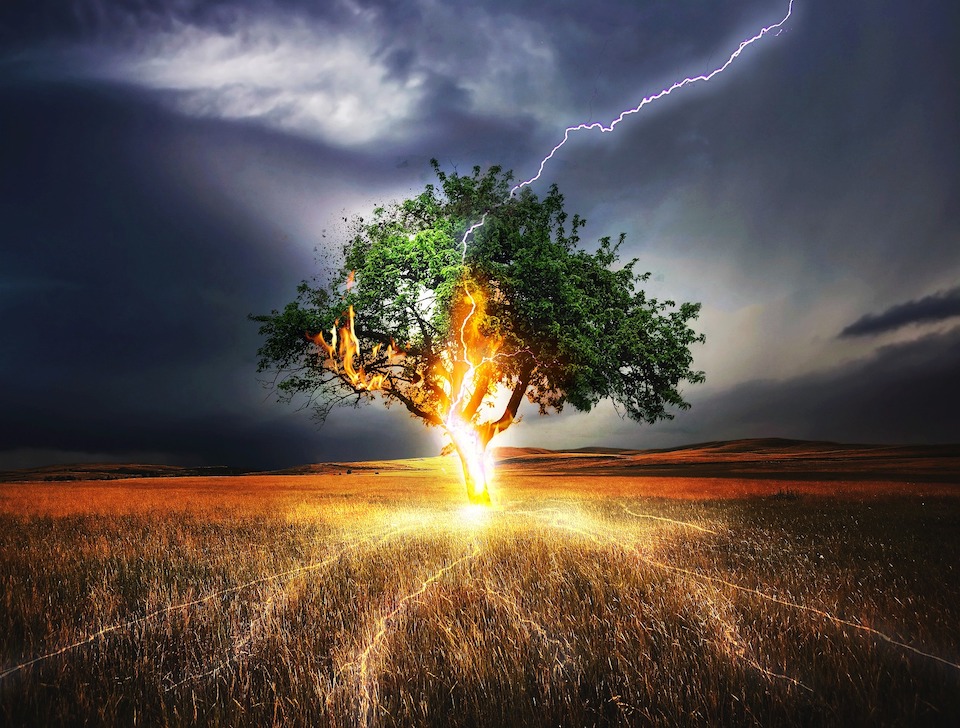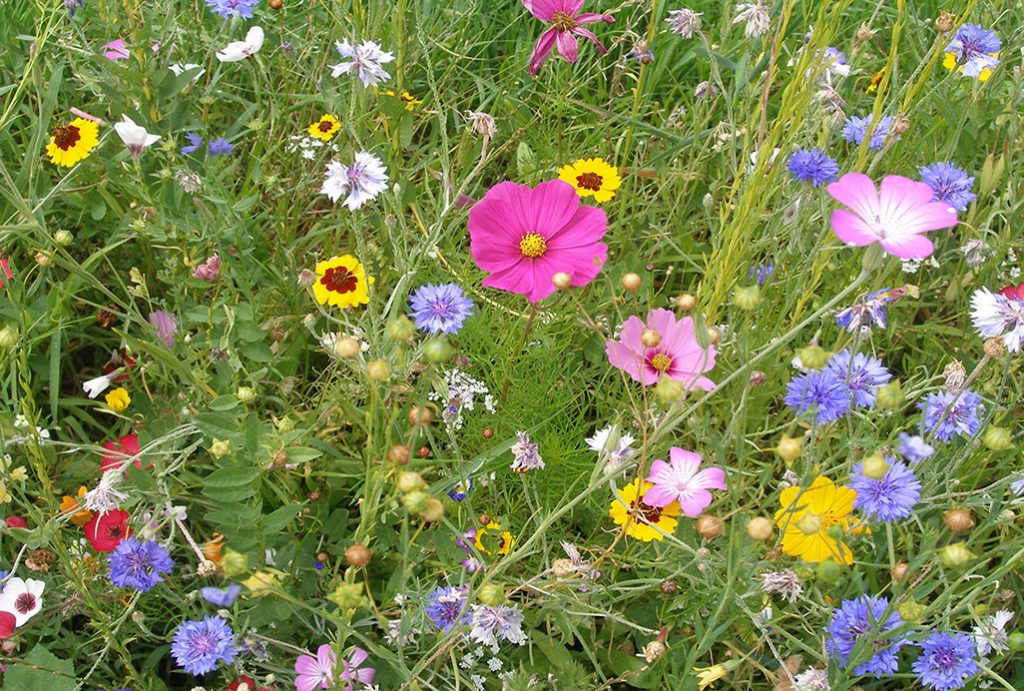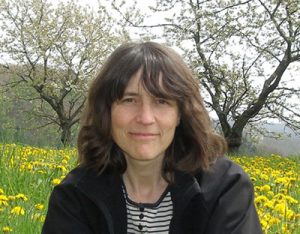
“The climate emergency is THE defining issue of our times.”
It is the beginning of August, the time of ripening fruits. The year is progressing rapidly and the sun is already past its peak. It has been a stormy first half of the year with weather extremes throughout the world. Temperatures nearing 40°C which in my neck of the woods is unheard of, especially this early in the season. July and August can always bring swelteringly hot days, but this appears to be a new kind of normal. We urgently need to rethink the squandering of our planetary resources and what can be done to address this burning issue.
Climate Grief
As the intensifying seriousness of the situation is burning into my skin I find myself cycling through the stages of grief. Denial is no longer possible. Some days, I am overcome with grief and inconsolable sadness. I long for a state of reliable normalcy but know in my heart that nostalgia is futile.
Some days, I am almost numb with shock and disbelief. The seemingly wilful destruction of our beloved home planet is simply incomprehensible.
Some days, I just get angry as hell.
But, deep within me, there is still a beacon of reason reminding me that these feelings are the drivers of change, that the way forward starts exactly right here, where I stand. All I have to do is to take a step outside of the ‘normal’ complacency of my comfort zone. All I have to do is to challenge myself with questions about the changes I want to see in the world. What can I do to make a difference in my own life and in my immediate social surroundings? Such questions empower me and transform sadness, frustration, and anger into determination – powerful energy for change.
We each are the ‘gardeners’ of our worlds and choose, at each step of the way, the seeds we want to grow and that there will be to harvest when the season comes. Instead of just concerning ourselves with fulfilling only the short-term demands or temptations, perhaps it would be a good idea to take the long-range view and ask ourselves that crucial question: how do we want to shape the world? What will be the fruits of our action or inaction? What will we harvest, when the time comes? And what kind of environment and seed store will we leave for our children and children’s children?
Our time here on this planet is short but our effect on the lives of future generations is huge.
In Norse mythology, Mid-summer inaugurates the time when the fiery God Lugh takes over from the bouncy Bel.
Bel warms the earth and quickens the seeds, Lugh ripens the corn and sweetens the fruits. But Lugh can also bring almighty thunderstorms and heavy monsoon-like rains. In recent years these phenomena are spinning out of control at alarming rates.

To be sure, even in the past, August could bring short but intense rains that refreshed the land. Maybe even an occasional hail storm, which farmers feared, but rarely did it bring complete devastation. Nowadays, hail comes in the shape of ping-pong balls, destroying crops in a matter of minutes. The amount of rain that normally falls over the course of a month now often deluges towns in just a few hours. Cities are flooded and little streams turn into raging rivers at very short notice. New weather records are broken every year. We can’t deny it – climate change is here.
We have seen it coming, yet few have been ready and willing to act. People are looking for guidance from authorities, but that is in short supply. Given that politicians are in office for only a short period of time, their priorities lie with short-term goals. Bureaucracy is slow to change and unpopular messages reduce the chances of being re-elected. Fear may help to sell even the most unpopular draconian policies, but it is not a useful tool for attracting votes.
People want simple answers to our woes. Unfortunately, there are no simple answers to climate change. It is a hugely complex and new phenomenon that we are only just beginning to understand fully.
It seems, without guidance from ‘above,’ we must find ways to help ourselves.
So, what can we do?
Perhaps it is time to reflect on what has helped us to get this far on our evolutionary journey.
Human beings are nothing if not curious and what has helped us the most is our keen sense of observation and experimentation. Observing the phenomena that are happening around us and paying close attention to what works and what does not. The task seems daunting. There are so many fires, so many issues that are screaming for attention. Whole ecosystems are affected by the changes that are taking place. How can we possibly address them all at once?
The world around us is a system. Whatever we do, the effects are never isolated but will affect the whole. The crucial aspect to realize is that WE ARE ALSO A PART OF THAT SYSTEM! Therefore, whatever we do in the world out there also has repercussions on US.
That realization can be even more depressing. But it shouldn’t be, because it also is the key! It is the key to understanding that we must start with ourselves and all that we do. We may not be able to fix the whole world by ourselves, but we can each fix our own world by taking responsibility for our lives and our actions. We can start by reflecting on how our own habits affect the world and make changes to minimize that impact
Some habits and practices are harder to change than others, but we each can start somewhere!
There are things that we can do
- Organize
The most important thing all of us need to do right now is to bring climate change into the conversation. If possible, group together with friends, family, and your community specifically to discuss how you have been affected and what, as a group, you may be able to do about it. A group can always achieve more than any one individual. Skills, know-how, and tools can be sourced and shared. Instead of feeling like a lone soldier fighting a losing battle you can tackle issues together, support each other and empower one another in doing so. - Plant trees
Encourage your community to plant more trees, and if you have the means and space, plant some yourself. According to a recent report, trees are the single most effective way to combat the rise of CO2. Even communities in poor countries, such as Ethiopia and India, have embarked on massive tree-planting campaigns. They are literally planting MILLIONS of trees. To optimize such an effort it makes sense to plant a variety of species and not just one fast-growing type. Diversity will build resilience as different trees react differently to various climate conditions.
Trees not only function as massive CO2 sinks, but they also create shade for other, more sensitive species, and help to conserve water by creating shade. Trees are also a vital component in the water cycle that regulates our climate. They are absolutely key to almost any ecosystem. They clean the air and produce oxygen, which we all need to breathe. Air pollution is currently one of the biggest environmental health hazards, according to a WHO report. It claims the lives of some 4.2 million people each year.
Extra kudos if you can plant trees with edible fruits and nuts that can provide food for people and wildlife.

- Conserve water
A lot of water is simply wasted – not just on sometimes obsessive hygiene routines but also because it just gets drained into the canalization. In places where the water system is not well developed, some of it may drain directly into streams or rivers, adding to the pollution.
Most people won’t have the opportunity to build a compost toilet in their back yards or find ways to easily separate grey water from solid waste. However, you may be able to save some greywater from the sink and ‘donate’ it right to your garden. But, make sure that you are using biodegradable detergents, otherwise, the toxic substances can build up in the soil.
An easier way to conserve water is to collect it from the drain pipe. Instead of letting it wash down the drain, divert it into a tank or water barrel to be used for watering the garden. Make sure the container is covered, otherwise you will provide a breeding ground for mosquitoes.
Gardens are notoriously thirsty. This is especially true of lawns and vegetables. A good way to help conserve water is to mulch your veggies. Irrigating plants with a slow trickle watering system may also work well. Take a container (some people use plastic bottles but un-fired earthenware is better) and puncture several times to make some small holes. Dig a hole in the veggie plot and submerge the container so that it is level with the ground, fill it up with water and cover with a stopper. That way water continuously seeps into the ground. If your garden is large and you can dig in several such containers this is a good way to reduce the time and effort it takes to water.
Another good way to save water is to abandon the idea of a perfectly manicured English lawn. Instead, aim at a perfect wildflower meadow or plant more fruit trees or veggies. Or consider replacing your water thirsty turf with a more water conservative variety, which is now offered at garden stores (e.g. Bluestem Enviro-Turf). Fleur de lawn includes low growing herb species such as white clover that fixes nitrogen in the soil and provides nectar for bees.
- Composting
The earth is covered by a thin layer of fertile soil. Due to erosion, this layer is continuously reduced. Farmers have to add tons of fertilizer, most of it inorganic, in order to sustain their yields. Heavy machinery further destroys the soil structure and compacts the soil. The negative effects of this type of farming practice are cumulative and turn into a vicious cycle. The only way to break this downward spiral is to change the way we look at the soil.
We derisively call it dirt and regard it as a rather lowly element. Yet, even a couple of handfuls of soil contain more micro-organisms than there are humans on earth. The soil is alive and constantly working to make this planet habitable for ‘higher’ species. The micro-organisms do this by breaking down organic materials that plants can assimilate. They also aerate the soil so that rain can penetrate the deeper layers instead of just running off the hard, impenetrable surface. But micro-organisms need one thing to do their job: organic material on which they can work their transformative magic.
This is where compost comes into the picture. Compost is what your organic waste turns into when it is broken down by worms and other creatures that live in the soil. Some may think that composting is gross. But what is truly gross is to dump organic and inorganic waste all together into a bin which eventually ends up as toxic sludge in a landfill. By composting your organic materials and using it in your garden you will actually improve the fertility and soil structure of your plot, which not only helps it to retain more moisture but will also make your veggies more nutritious.
There are many other measures we can take to make a difference. Some may need a bit of organizational effort: carpooling for school or shopping runs, or forming buyers co-ops so as to make high quality, organic foods more easily and more cheaply available in low-income neighborhoods. Others may require an investment that will actually save money over time. such as exchanging energy-hungry appliances for more efficient ones or installing solar panels or wind power generators.
The climate emergency is THE defining issue of our time. It does seem daunting – almost too big to even contemplate. But once we stop to think about our own behaviors and habits and what we individually can do to make a difference, we realize that many little steps can eventually bring about the change we so desperately want and need.
Collectively changing our consumer habits and voting with our conscience will eventually ring the bell at the government level. We must make it clear that we do not want to go down the road of certain planetary destruction. In democratic countries, governments depend on our approval and cooperation – and that is where our power lies.


